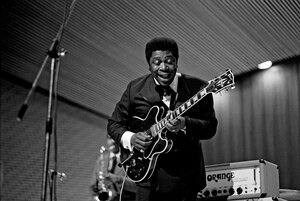
Black Music
HIST 104
What is black music, and how do we know what we think we know about it? Together, we will examine musical creations pioneered by Africans and individuals of African descent over several centuries and across hemispheres. Doing so will allow us to consider the unity of the African Diaspora and its music, and also examine internal differences and diversity. Special focus is given to Latin America and the U.S., but, depending on the semester, we will also read about, listen to, and talk about music and musicians in Asia, Africa, and Europe.
Gen Eds: Cultural Studies - US Minority; Humanities – Hist & Phil
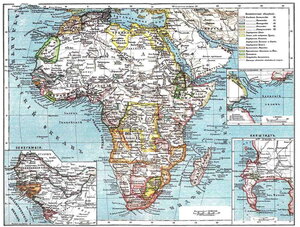
History of Africa from 1800
HIST 112
Survey of Africa's history from 1800 to the present day. Topics include the Atlantic slave trade, agricultural exchange, growth of Christianity, origins and effects of nineteenth-century European expansion culminating in the "Scramble for Africa," the transformations wrought by European colonial rule during the twentieth century, anticolonial nationalism, decolonization, and postcolonial political, economic, social, and cultural developments.
Gen Eds: Cultural Studies - Non-West; Humanities – Hist & Phil
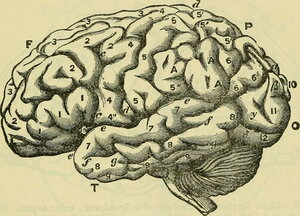
Madness and Modern Society
HIST 236
Explore the development of the mind sciences in modern Europe from the beginning of state-regulated asylums to the advent of pharmaceutical treatment and care in the community. Using a combination of primary sources and secondary texts, we will examine how the diagnosis and treatment of "madness" in its many forms has been shaped through the interaction of social, political, economic, and cultural factors from roughly 1750 to the 1990s.
Gen Eds: Humanities - Hist & Phil; Cultural Studies-Western
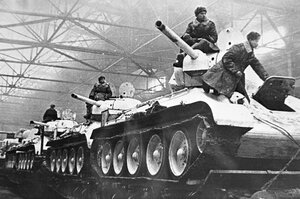
World War II: A Global History
HIST 209
Traces the political, military, social, and economic history of the Second World War. Key themes include the collapse of the Versailles system, the Interwar crisis of democracy, the rise of totalitarian regimes, the civilian experience of war, the intersection of ideology and violence, and the onset of the Nuclear Age. By the end of this course, students will have improved their ability to analyze primary sources and develop source-based historical arguments.
Gen Eds: Humanities – Hist & Phil; Cultural Studies - Western
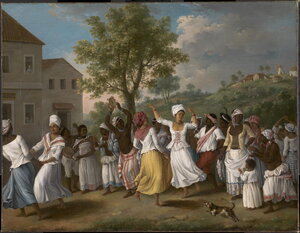
The Caribbean since 1492: From Columbus to Castro
HIST 308
Conquistadors – Planters – Pirates – Indigenous Peoples – Enslaved Africans – Religious Reformers – Independence Leaders – Radical Revolutionaries - US Marines - canal builders. Together these people built a new world – a world forged at the intersection of imperial ambitions and international contact, where the peoples and cultures of the Americas, Africa, and Europe collided. This class examines how colonialism, plantation slavery, the age of abolition, and the emergence of national independence movements made the modern Caribbean.
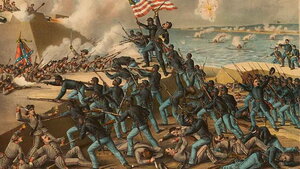
Civil War and Reconstruction
HIST 374
The United States' civil war (1861-1865) and the years of postwar "reconstruction" (conventionally dated as 1865-1877). During this period as a whole, the nation underwent its second revolution—a revolution more radical in its impact than the one that freed it from the British Empire. Much about U.S. history for the next century and more was decided during these critical years.
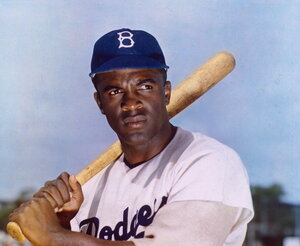
Sport and Society
HIST 390
In various societies, organized sport has operated as site of nation-building, the struggle for inclusion, and indicator of societal advancement. Examines the history of the roles that sport has played in society through a series of topical foci, as selected by the professor each semester. This semester will explore baseball and integration. Course readings revisit popular and scholarly debates about sport and discuss the different actors and social forces that shaped those discussions.
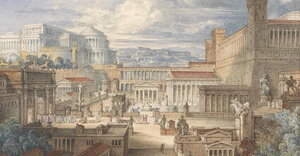
Roman Republic to 44 BC
HIST 440
Examination of the political, social, economic, military, institutional, religious and cultural development of Rome from 753 BCE until 14 CE.